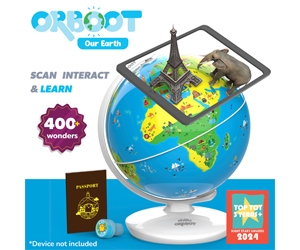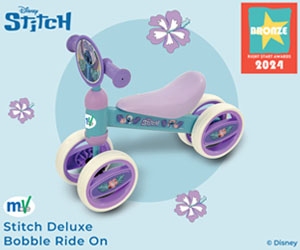Are you a comparenter?
Published
Four in five mums compare themselves to other parents — negative behaviour known as ‘comparenting’. Almost a third (31per cent) find themselves comparing with other parents all the time. Many fear judgement from their own mums — and new parents with lockdown babies are hardest hit, according to new research.

Baby brand Kendamil surveyed 1,005 UK mums with children under five and other findings include:
- 81 per cent of mums fear they’re being judged by other parents over the way they raise their child.
- Over a third (37 per cent) deem their mother-in-law to be their biggest critic.
- Nearly a third (31 per cent) fear judgement from their own mum.
Family Psychologist Anjula Mutanda warns that ‘comparenting’ threatens mental health and post-natal depression may go unchecked. She argues that ‘comparenting’ is amplified by modern challenges like social media and the coronavirus pandemic – a potent pairing that can leave parents feeling insecure and isolated.
Parents say they fear being judged for:
- Public temper tantrums (40 per cent)
- What food they’re feeding their child (39 per cent)
- How many activities they do with their child (37 per cent)
- How they discipline their child (34 per cent)
- What their child is wearing (30 per cent)
- Catering to fussy eaters (30 per cent)
- Using baby milk (29 per cent)
- Child having a dummy (27 per cent)
- Child having too much screen time (26 per cent)
- Breastfeeding in public (26 per sent)
Feeding is a prevalent fear. Nearly three-quarters of mums feel there’s an unfair stigma attached to feeding babies formula milk. A third of parents feel external pressure to breastfeed from healthcare professionals.
Friends are unwittingly fuelling parenting insecurities too. Not only do parents compare themselves to mum chums, but more than a third fear their friends with children are their biggest critics. ’Playground paranoia’ is also rife. Deep down, most mums sense they’re judged far more than their parents ever were.

Anjula Matanda says: ‘It’s human nature to doubt whether you’re doing a good job, particularly in stressful times. Remember, every seemingly well put-together parent knows the same struggle — even if a filtered photo on Instagram tells a very different picture-perfect story.
“The fact that parents are feeling judged by those closest to them is incredibly concerning. When parents sense disapproval, it knocks their confidence in the parental choices they might make, and this gets in the way of savouring their parenting journey. Unfortunately, ‘comparenting’ is serious enough to affect mental wellbeing and it’s amplified by modern challenges like social media and, of course, the pandemic — a potent pairing that can leave parents feeling insecure and isolated.
‘If you are preoccupied with negative thoughts that are: knocking your confidence and preventing you from enjoying the joys of parenting, it’s important to be kind to yourself. You are enough,’ adds Anjula. ‘Don’t suffer in silence. It is one of the realities of parenting to find coping with a new baby challenging at times. Confide in your partner, a trusted friend or close family member about what you have been experiencing. Embrace the many positives of parenting. For example, your child's ‘firsts’ and watching their lovable personality traits begin to blossom. Self-care is vital, so treat yourself where you can. Run a lovely bath once the little one is in bed, get a FaceTime call in with your bestie or order a take-away.
‘If you’re still struggling, speak to your GP who can refer you to a therapist. Cognitive Behavioural Therapy (CBT) could give you the tools to change the thinking and behaviour patterns that lead to anxiety. Many therapists now offer teletherapy, which you can do from home.’







